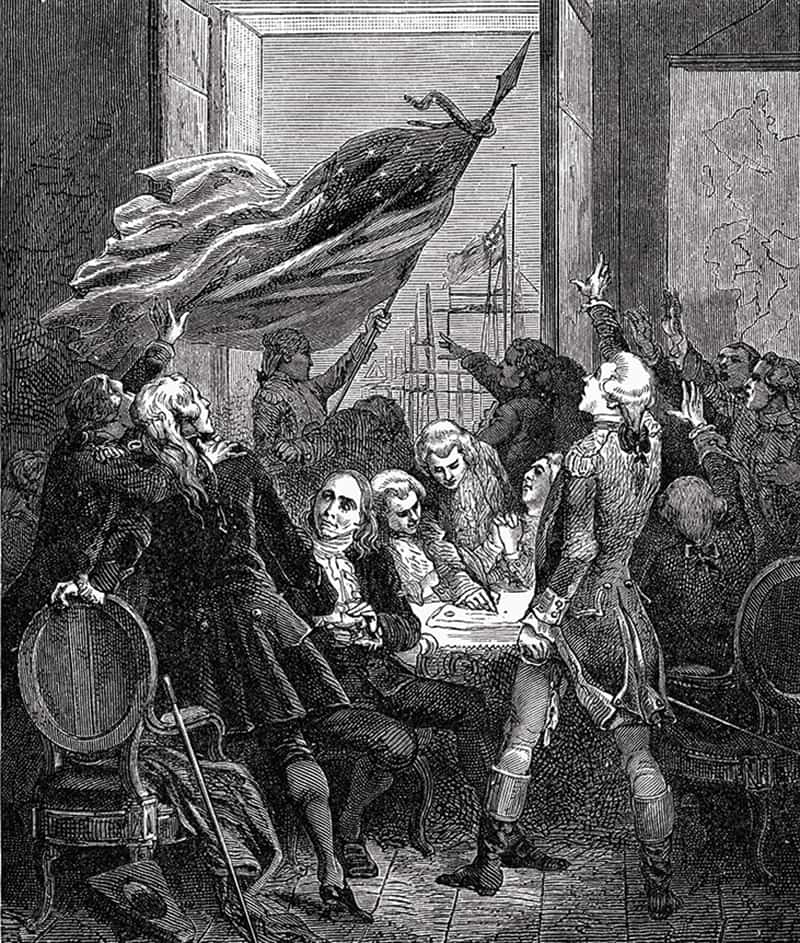Regulate This
Once again, the Second Amendment debate is front and center in the news. Whenever people violate the rules of human decency, exposing foundational flaws in our society even a turnip knows will never be fixed with some new law, people scream for action. “Just do something!”
Predictably, the “do something” drumbeat points to proposed new gun laws and a challenge to the Second Amendment in principle. Then the pontificating begins (from those who’ve not read seven syllables of writings by our country’s founders) with, let’s say, creative and again predictable, hot takes.
“The founders never envisioned fully semi-automatic weapons.”
“The founders weren’t okay with people going out and buying cannons.”
And my personal favorite: “The Second Amendment itself says guns are supposed to be ‘well regulated’ so the founders clearly understood, and welcomed, government control over firearms usage and ownership.”
What The Term Really Means
Being in the words business, we at least make an effort to understand the correct meaning and context of important terms. While the phrase “well regulated” sounds like a demand for government intervention to today’s gun-control advocates, it doesn’t take much effort to understand what the term really means.
“Remember, the thinking of the day was exactly the opposite — the government should have little if any control over much of anything related to the individual.”
Much of the angst related to the “regulated” clause stems from the natural evolution of terminology over the years. The way we use words, even the same words, changes over the long haul. Consider …
You used to get “sick” with the flu, or maybe a mild case of irritable bunion syndrome. Or you might get “sick” of someone, like Justin Bieber. However, in today’s vernacular, cool things like cars, video games and half-pipe snowboard tricks are “sick.” This particular word hasn’t just evolved, it’s taken on an opposite meaning.
Once upon a name, “dick” was either a proper name or a synonym for detective. If you called someone “Dick,” you wouldn’t get punched in the face, unless the “dick” caught you robbing a bank.
As for “well regulated,” you might think of it in terms of “properly functioning,” like a finely tuned watch. The word “regulated” had nothing to do with governmental control or oversight. It doesn’t require much intellectual horsepower to remember all those guys sporting wigs and ponytails just finished fighting a war to get out from under the thumb of government regulation. Can anyone really believe the very first post-war action was to say, “Hey, we ought to make sure the new federal government has vast regulatory power over individual rights?”
Remember, the thinking of the day was exactly the opposite — the government should have little if any control over much of anything related to the individual. Who do you think provided all the cannons used by the Colonial Army? That’s right, many were privately owned.
While today we use “regulated” most frequently to mean “controlled,” the word still occasionally serves in its original capacity. Consider those Activia yogurt commercials pitched by Jamie Lee Curtis. She claims it keeps you “well regulated.” Does this really mean government maintains oversight of your … well, you get the idea.





